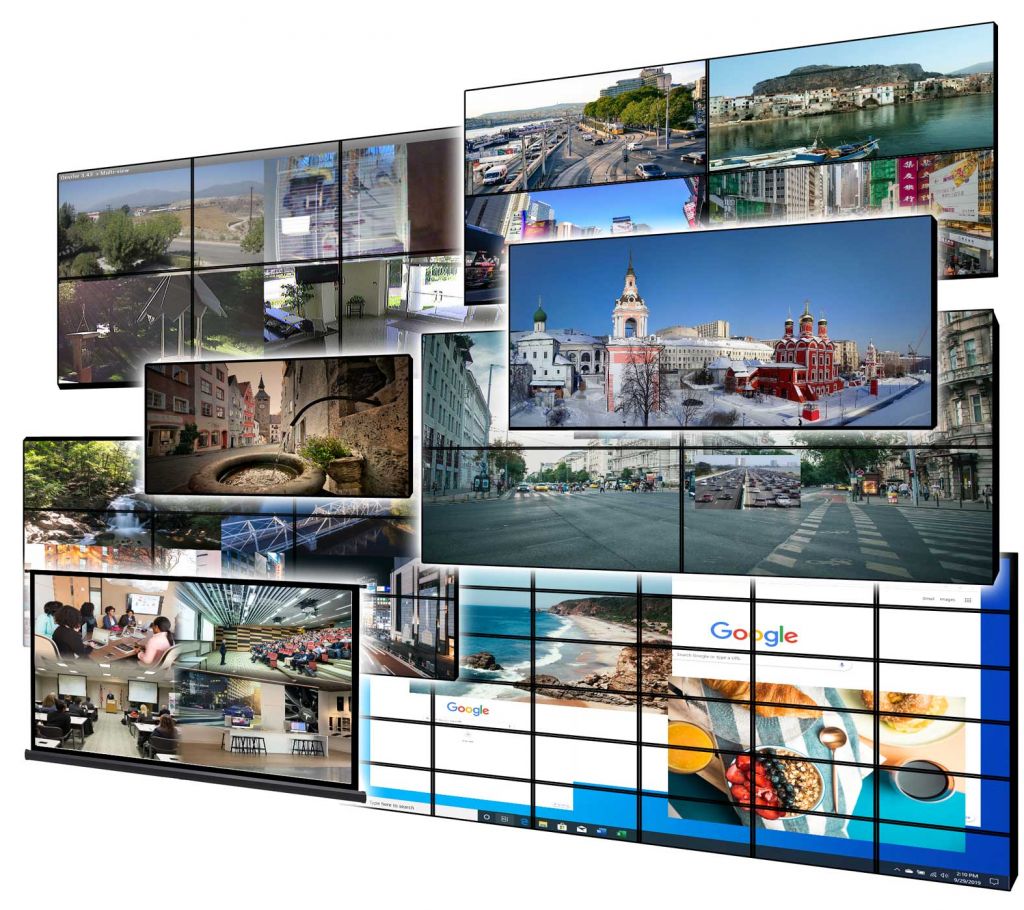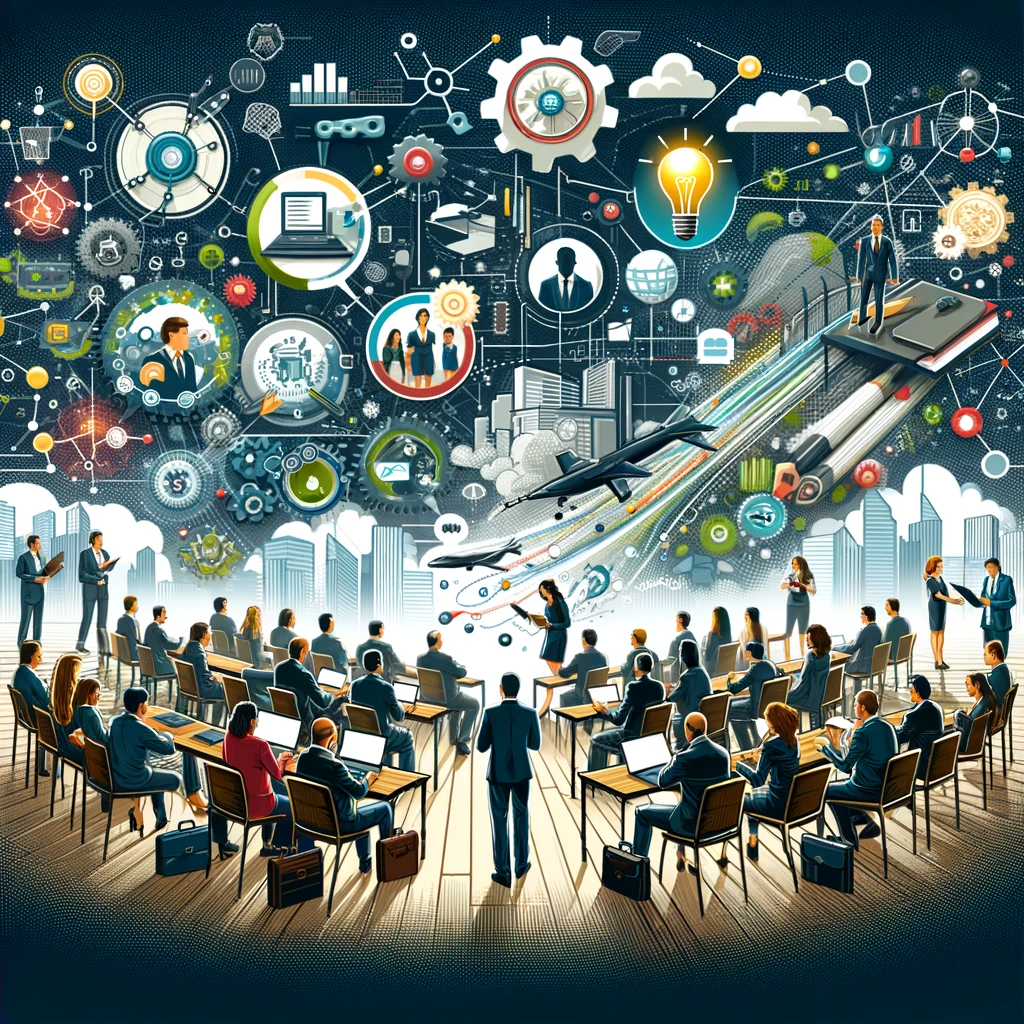Embracing the Digital Shift: How Virtual Events Are Transforming the Audio-Visual Landscape

In recent years, particularly heightened by the global pandemic, the event industry has witnessed a seismic shift towards virtual formats. This transition has not only sustained but significantly evolved the realm of gatherings, from corporate conferences to cultural festivals. As we navigate this new normal, it’s imperative to understand how this digital shift is reshaping the audio-visual (AV) landscape, presenting both challenges and burgeoning opportunities for AV professionals.

The Rise of Virtual Events
Virtual events have surged in popularity due to their ability to bridge geographic barriers and reduce costs associated with physical venues, logistics, and travel. Platforms like Zoom, Microsoft Teams, and bespoke virtual event spaces have become the new venues, hosting everything from webinars to fully-fledged international conferences and live performances. This paradigm shift has necessitated a different set of AV skills and technologies, focusing on digital proficiency and innovation.
Challenges Faced by AV Professionals
Transitioning to virtual events hasn’t been without its hurdles. The most significant challenges include:
- Technical Proficiency: AV technicians now need a robust understanding of various streaming platforms, software, and digital tools that were previously outside the traditional AV scope.
- Internet Reliability and Bandwidth: Ensuring high-quality, uninterrupted live streaming requires stable and high-speed internet connections, which can be a significant challenge in regions with limited infrastructure.
- Audience Engagement: Capturing and maintaining an online audience’s attention without the immediate feedback and energy of in-person interactions demands creative solutions from AV professionals.
Opportunities in the New Landscape
Despite these challenges, the shift to virtual events has unlocked numerous opportunities for AV professionals:
- Broader Reach for Services: The digital nature of virtual events allows AV technicians to offer their services beyond local boundaries, potentially working with global clients.
- Innovation in AV Technology: There’s a growing demand for innovative solutions that enhance virtual engagement, such as augmented reality (AR) and virtual reality (VR), providing new avenues for AV professionals to expand their expertise.
- New Business Models: AV professionals can develop new business models based around digital event management, consultancy, and technical support for virtual events.
The Future of Events
Looking ahead, the industry is poised to embrace a hybrid model that combines the best aspects of in-person and virtual formats. Hybrid events will require AV professionals to be versatile, managing both on-site and online aspects of an event seamlessly. This model promises to enrich the event experience, making it more inclusive and flexible.
Conclusion
The rapid evolution of virtual events is transforming the audio-visual landscape, pushing AV professionals towards new technologies and broader skill sets. By embracing these changes and anticipating future trends, AV technicians can position themselves at the forefront of an increasingly digital event industry. As we continue to adapt and innovate, the future of events looks promising, filled with potential for those ready to navigate its complexities and opportunities.
Today, as we explore and grow within this transformed landscape, it’s clear that the resilience and adaptability of AV professionals are key to driving the event industry forward in an increasingly digital world.



Responses